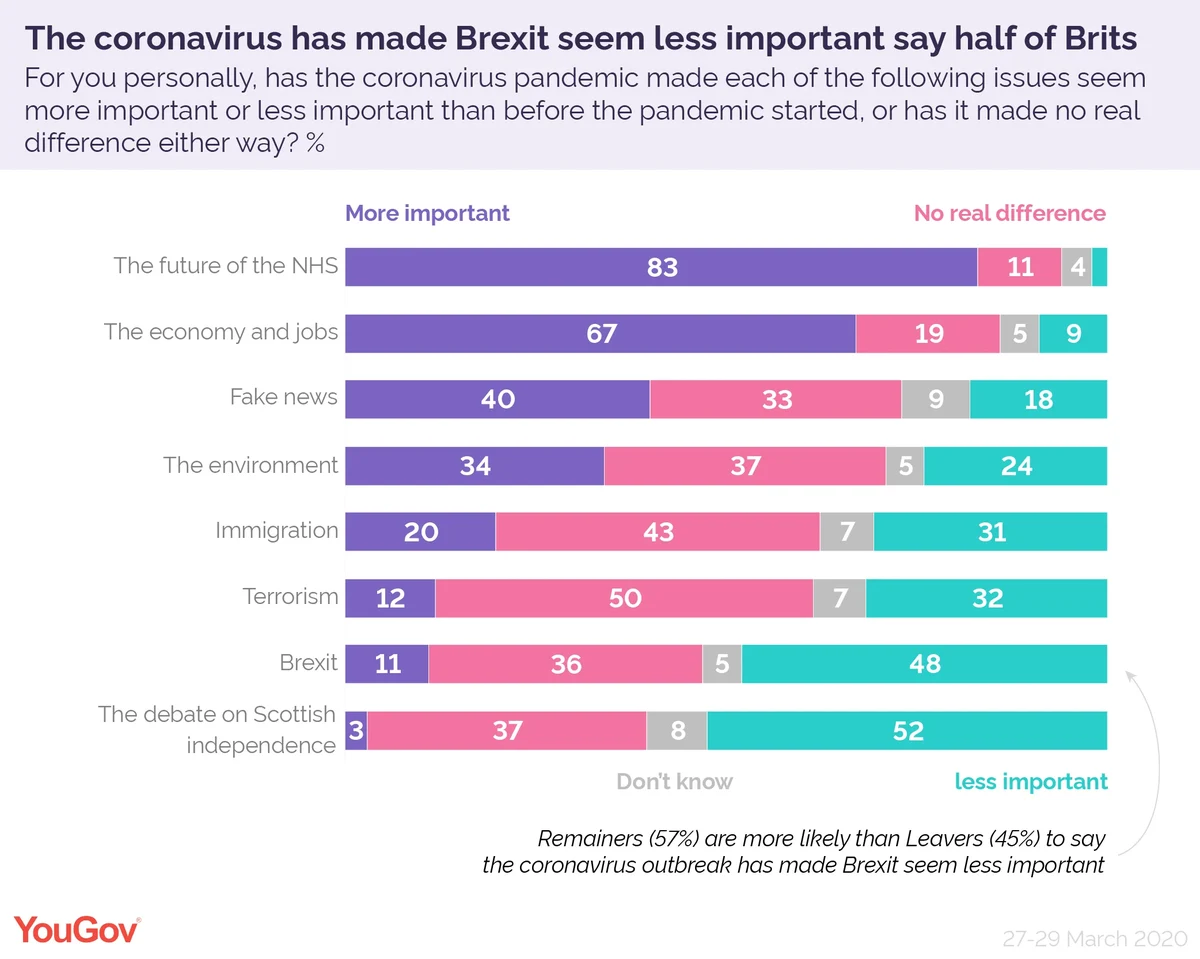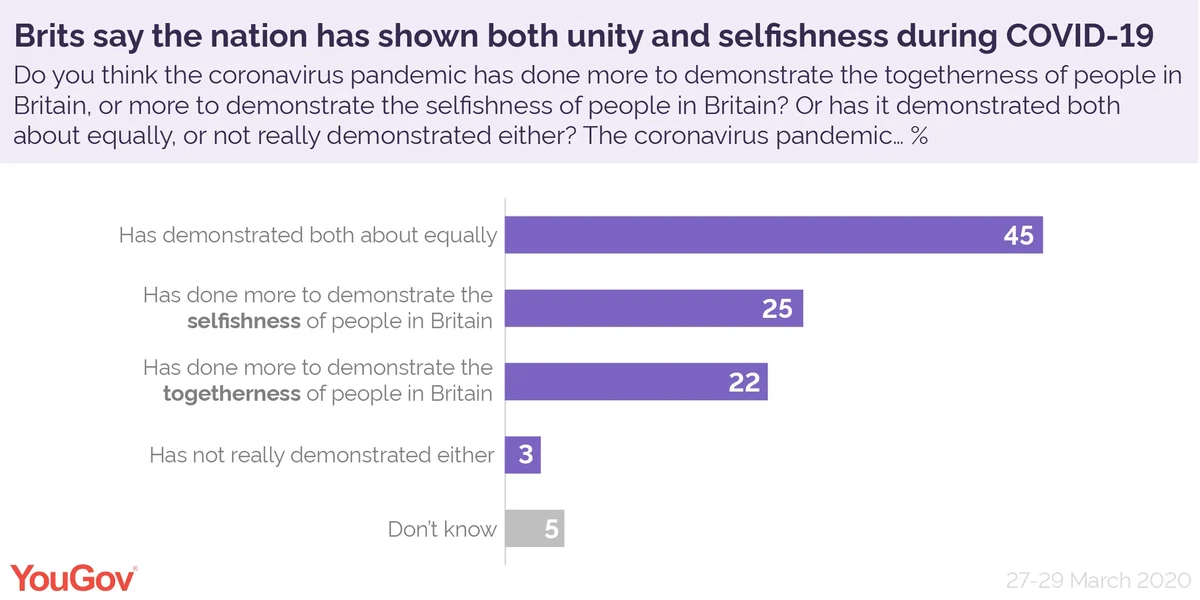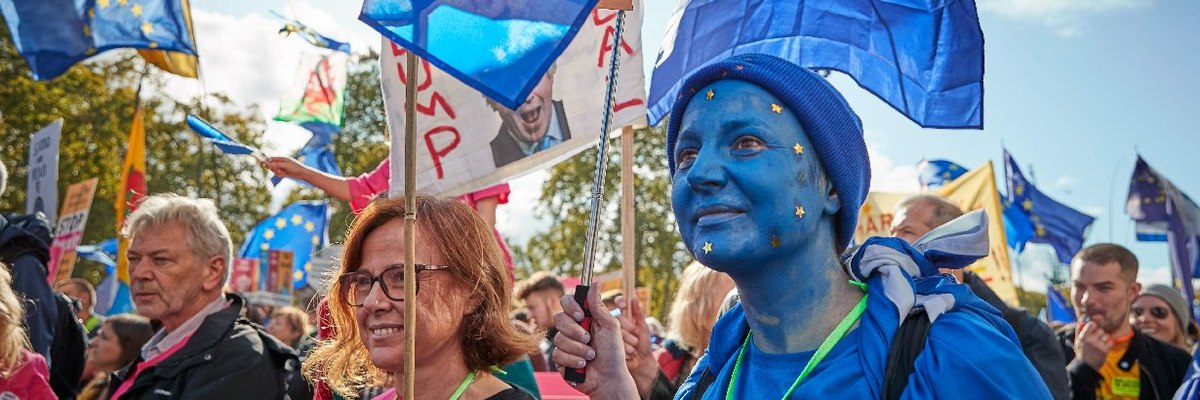(Originally published by The Times here)
Political scientists suddenly face a novel question, namely what happens when populism meets a pandemic.
Some predict the latter will generally enhance the former, helping strongman leaders to capitalise on draconian precedent, while political insurgents fan the bellows of frustration towards newly beleaguered governments.
Others think Coronavirus will do much to counter the anti-system verve of recent years by restoring public reverence for multilateralism and established institutions, or simply by helping to unseat Donald Trump from the White House, thus sending a potent message about the limits of populism in a crisis.
More likely will be a messy confluence of the above, as different types of leaders and political systems fight their respective wars with the pathogen, producing a varied mix of winners and losers for populist movements around the world, both in and out of government.
YouGov polling for Red Box suggests that in Britain’s case, the virus has quickly dulled our populist appetite. A national sample of the public were shown a list of issues and asked if each one now seems more important, less important or neither, compared with before the pandemic. Strikingly, the most divisive issues of recent years received the highest scores for being “less important”.
Almost half the country say Brexit now seems less important (48%), including sizeable portions of both Remain and Leave supporters (57%/ 45% respectively). An overall majority answered likewise about “the debate on Scottish independence” (53%), while a third also think immigration seems less important (31%), including similar trends across the political spectrum, from the two Brexit tribes to the three main parties.
By comparison, only 18% claim the problem of fake news seems less important, with 40% stating the opposite – that it seems more important. A further 34% feel similarly about the environment, compared with just 11% for Brexit. Unsurprisingly, a massive consensus believe the future of the NHS now matters more (83%).

There are limits, however, to any modern renaissance of so-called “Blitz spirit”. When asked if Coronavirus has done more to demonstrate the togetherness or selfishness of people in Britain, only 22% chose “togetherness”. Some three quarters were less sanguine, with 25% selecting “selfishness”, while nearly half thought the pandemic has demonstrated “both about equally” (45%) or “not really demonstrated either” (3%).

In other words, we are hardly overwhelmed with newfound feelings of national harmony. But the current crisis is making us question previous political priorities.
Naturally, any such effects on public opinion could disappear just as fast as the viral threat subsides. Other YouGov polling from recent weeks shows some of the highest government approval ratings for a decade, reflecting a general atmosphere of “normal politics on hold”, which is neither unusual for a crisis nor likely to last long. As shrewd analysts have rightly warned, the ultimate legacy of lockdown may be to reinforce existing divides within society, such as young versus old, rural versus urban or the economically secure versus insecure. Yet there are still reasons why a broader change in public perspective might linger.
In policy terms, the drastic demands of national recovery could encourage a rare degree of mainstream political alignment on basic priorities, while stealing the thunder of radicalism from the fringe. The sheer enormity of recent events could also make various narratives of the anti-establishment seem suddenly trivial by comparison.
Another possibility is that political fundamentalism is somewhat eclipsed for a while by a more prosaic focus on relishing the return of essential freedoms, like a post-pandemic version of the Roaring Twenties. In which case, the flagging cause of British centrism could get a fresh chance at revival. At least until the new shine of normality wears off.
See results here.
Methodology: Fieldwork was conducted online between 27-29 March 2020, with a total sample size of 1669 British adults. Results have been weighted and are representative of all British adults aged 18+.
Graphics by Eir Nolsoe, YouGov Data Journalist
Image: Getty











